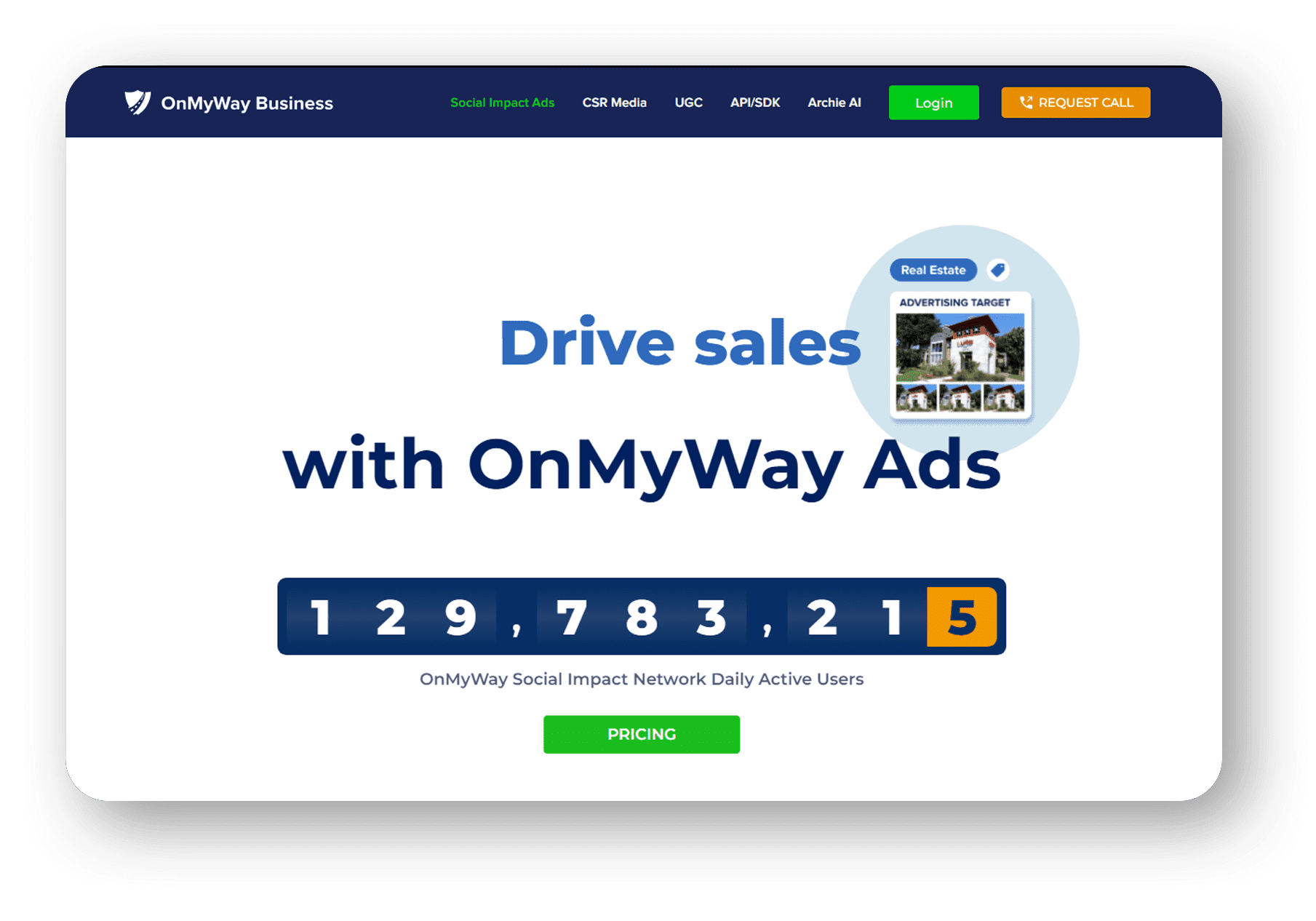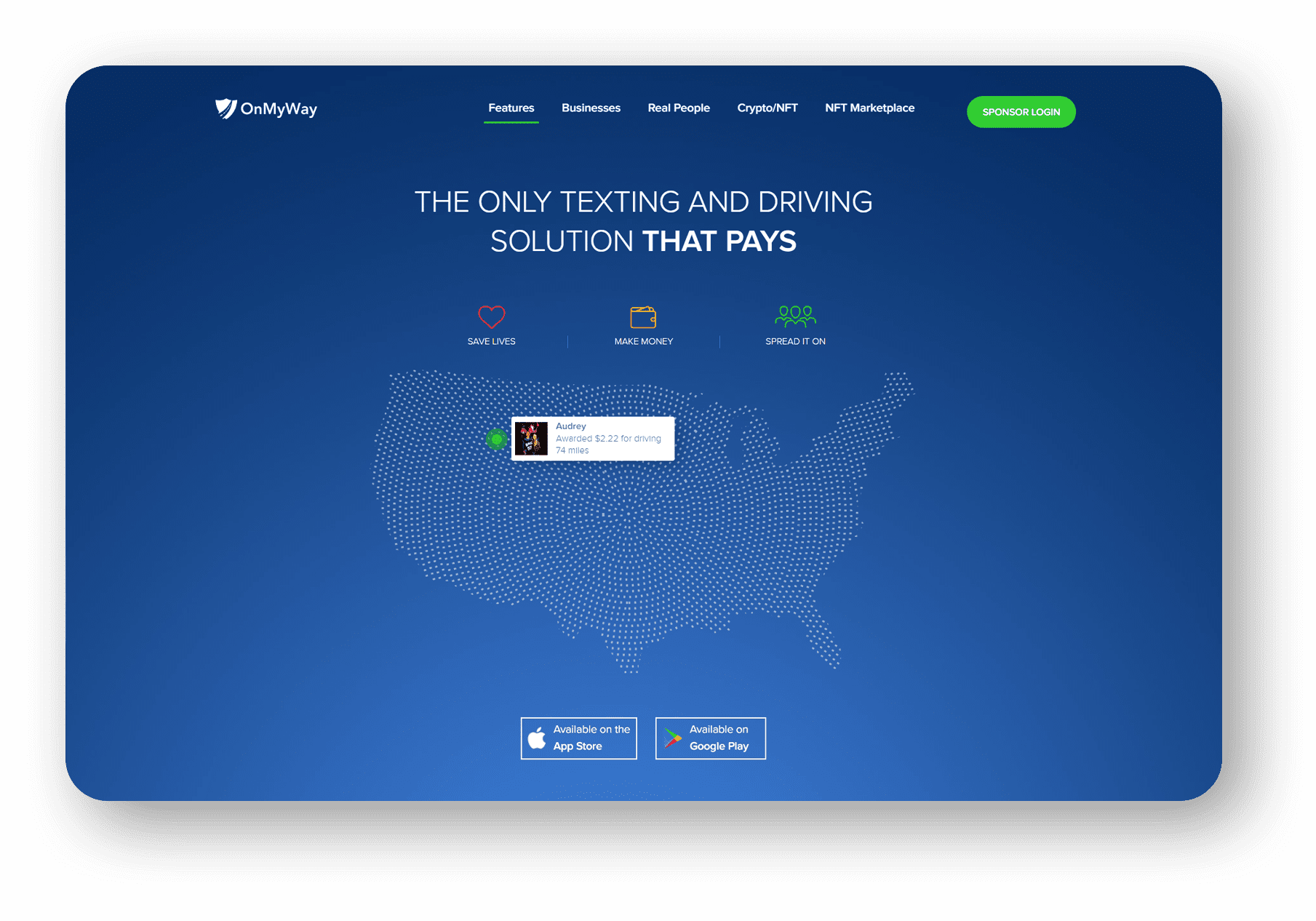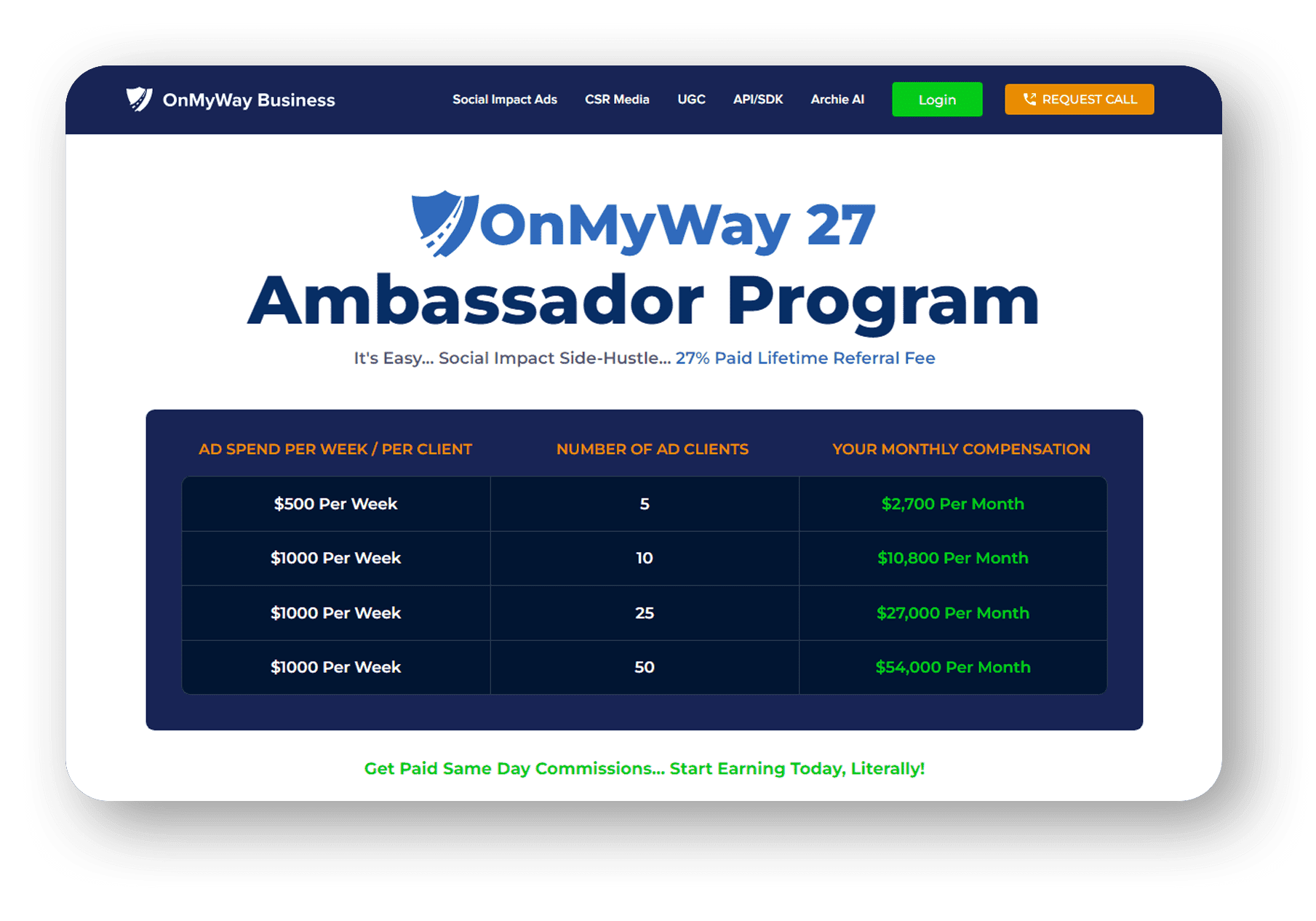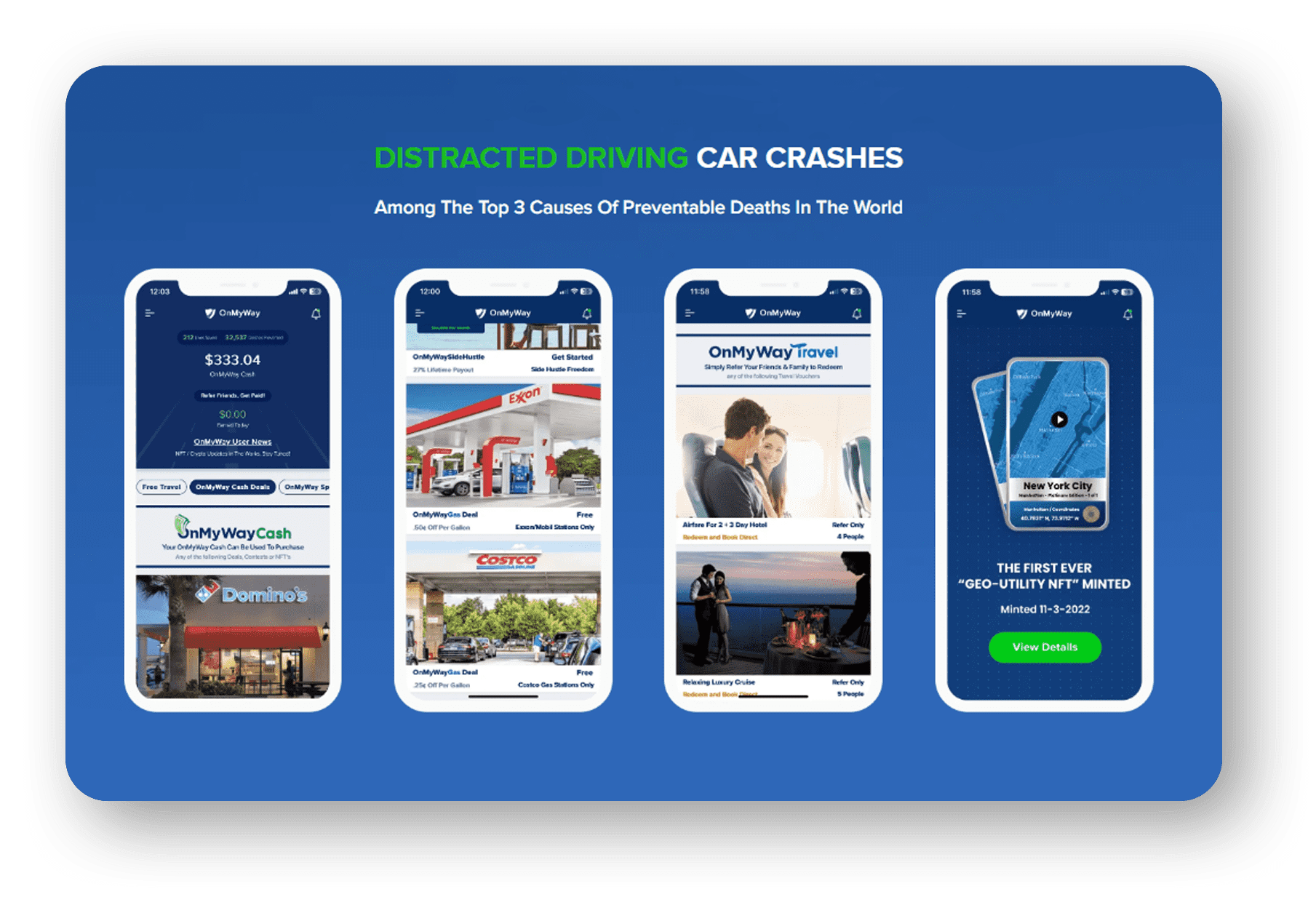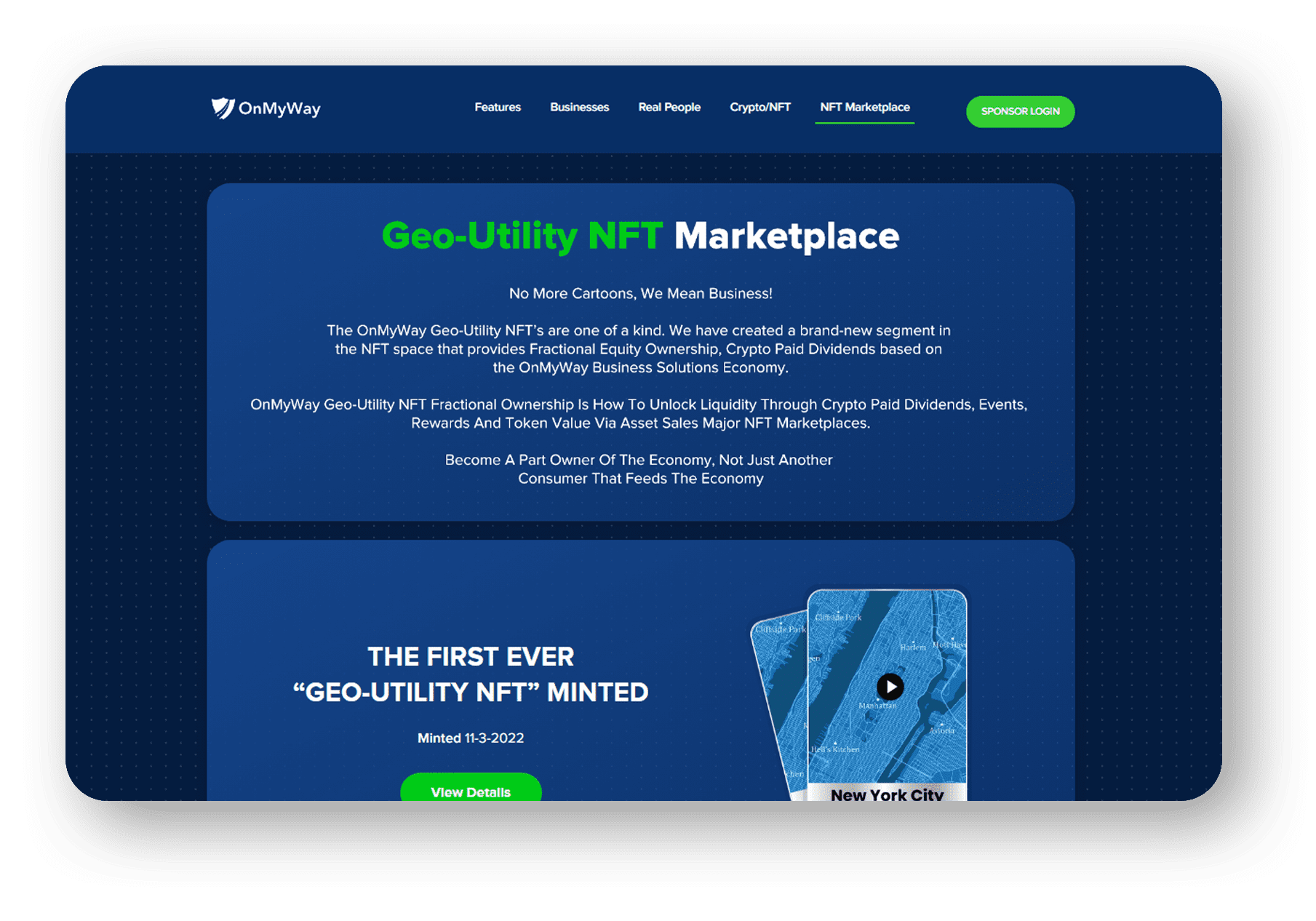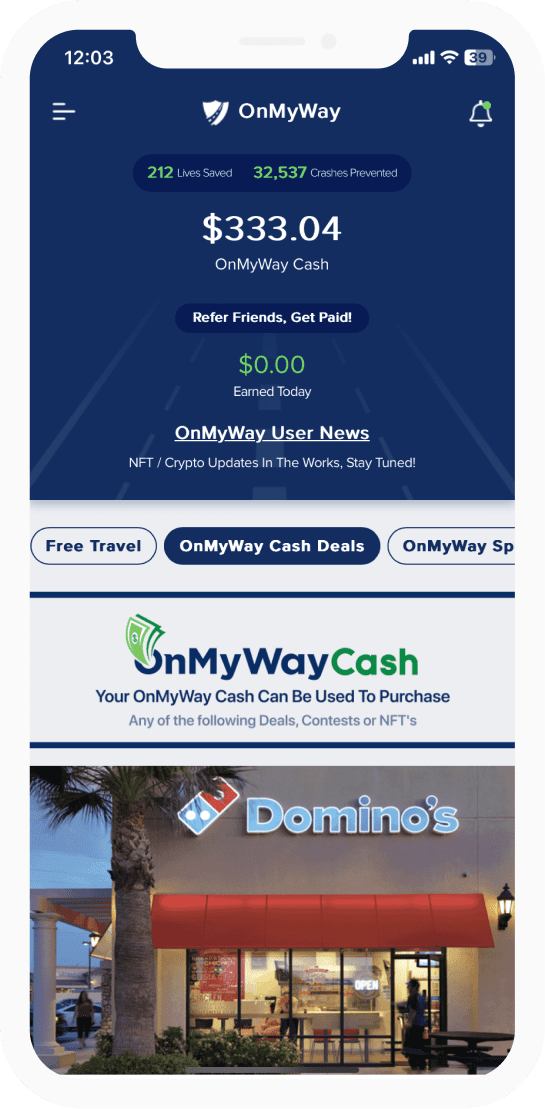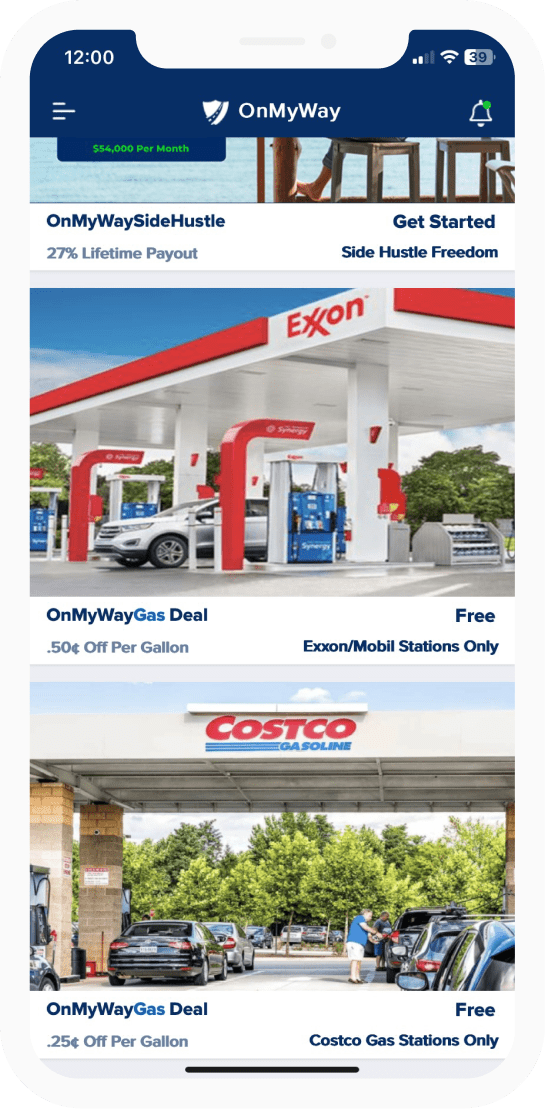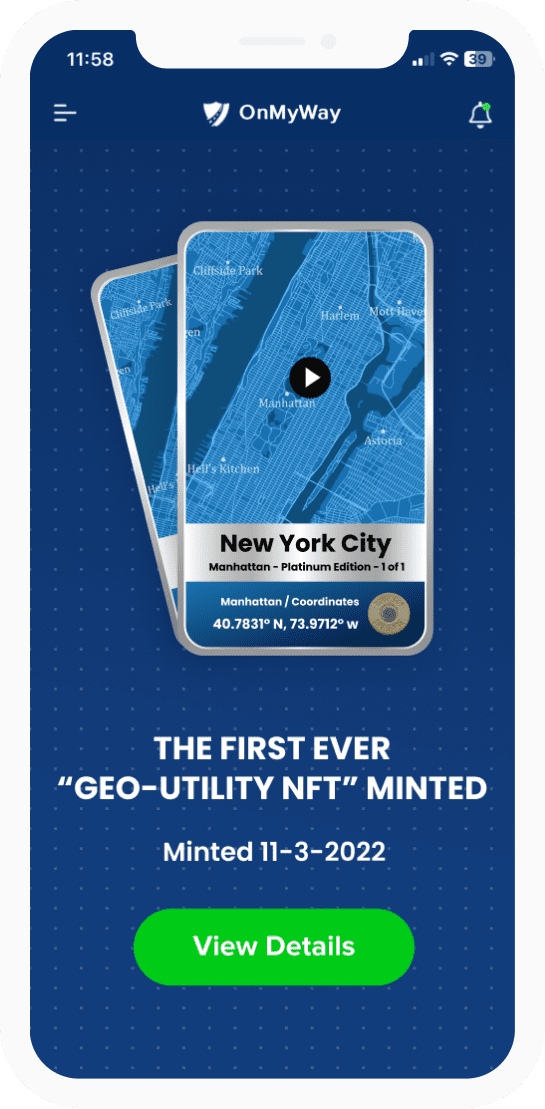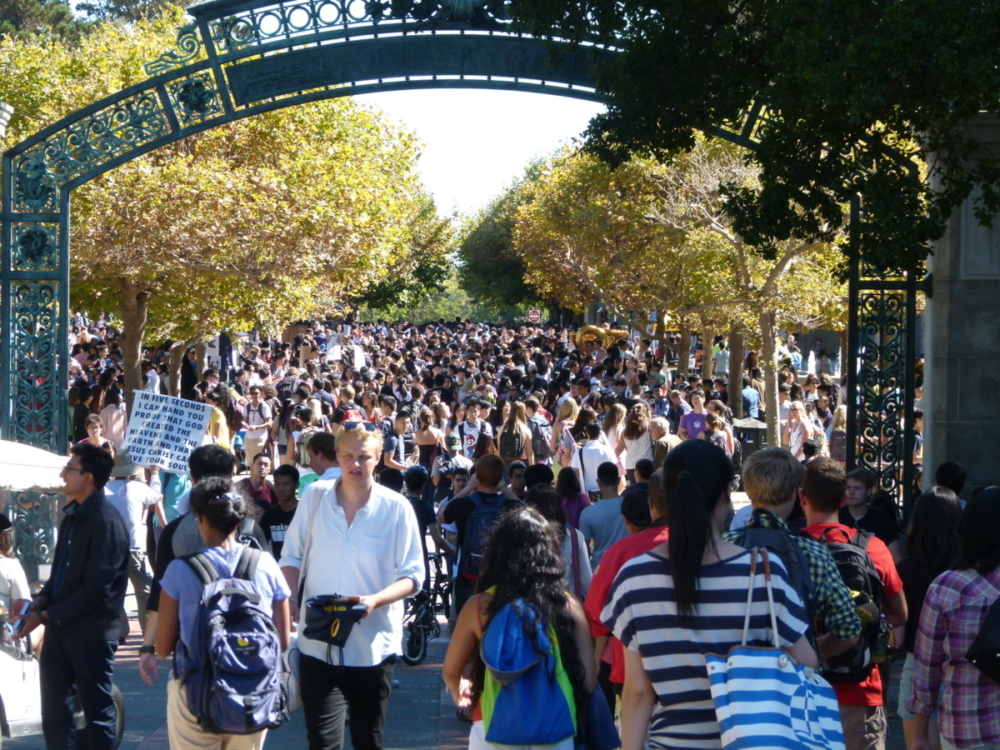
University of California at Berkeley officials must freeze campus enrollment at the 2020-21 level following a court decision on Monday over the university’s impact on nearby neighborhoods.
Alameda County Superior Court Judge Brad Seligman found that rising enrollment has affected neighboring housing, causing displacement, and creating unacceptable noise, the group Save Berkeley’s Neighborhoods said Tuesday.
Seligman also found the university failed at reviewing a reduction in enrollment to improve the surrounding neighborhoods.
“The judge has vindicated our efforts to hold UC Berkeley accountable for the severe impacts on our community from its massive enrollment increases which they made without public notice or comments, said Phil Bokovoy, president of Save Berkeley’s Neighborhoods.
Between 2010 and 2020, UC Berkeley enrollment has increased by about 18 percent or about 6,500 to 42,327 students.
“UC Berkeley must now acknowledge those impacts and propose mitigation measures that will make it a better neighbor,” he said.
Bokovoy’s group said additional students displace low-income neighbors, increase homelessness, place an added burden on first responders and increase trash and noise in nearby communities.
We firmly believe that UC should not increase enrollment until it creates housing for its new students,” Bokovoy added.
UC Berkeley spokesman Dan Mogulof said, “We are optimistic that we can file documents with the court very soon that will satisfy the judgment with regard to future increases in enrollment.
Mogulof said, “It will probably take the university between six and eight months to address the requirements of the judgment with regard to the Upper Hearst project” which will create new housing and academic space for the Goldman School of Public Policy.
“We are confident that the court will ultimately permit us to proceed with the” project, he said.
In a separate but related legal matter, the city of Berkeley and the university recently agreed to a roughly $83 million settlement over the impact of the university on the city.
The university will pay millions each year to the city for the impact on public services such as fire and others and projects for residents near the university, Berkeley officials said last month when a tentative agreement was reached.
UC regents later approved the agreement.
Bokovoy said the agreement though sold Berkeley taxpayers short and the university is still not required to build housing or mitigate the impacts it has.
But Mogulof said, “Berkeley has not been designated as a growth campus and, as stated in our recently approved Long Range Development Plan, we are not anticipating that enrollment growth will exceed 1% on an annual basis.”
OVERVIEW
OnMyWay Is The #1 Distracted Driving Mobile App In The Nation!
OnMyWay, based in Charleston, SC, The Only Mobile App That Pays its Users Not to Text and Drive.
The #1 cause of death among young adults ages 16-27 is Car Accidents, with the majority related to Distracted Driving.
OnMyWay’s mission is to reverse this epidemic through positive rewards. Users get paid for every mile they do not text and drive and can refer their friends to get compensated for them as well.
The money earned can then be used for Cash Cards, Gift Cards, Travel Deals and Much, Much More….
The company also makes it a point to let users know that OnMyWay does NOT sell users data and only tracks them for purposes of providing a better experience while using the app.
The OnMyWay app is free to download and is currently available on both the App Store for iPhones and Google Play for Android @ OnMyWay; Drive Safe, Get Paid.
Download App Now – https://r.onmyway.com
Sponsors and advertisers can contact the company directly through their website @ www.onmyway.com.



